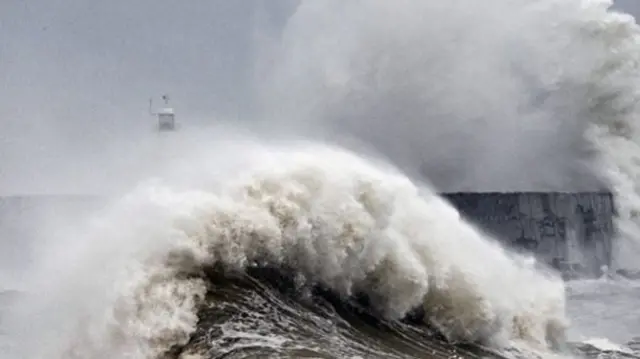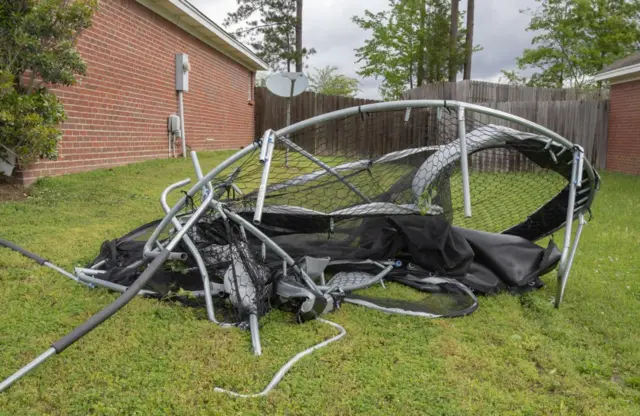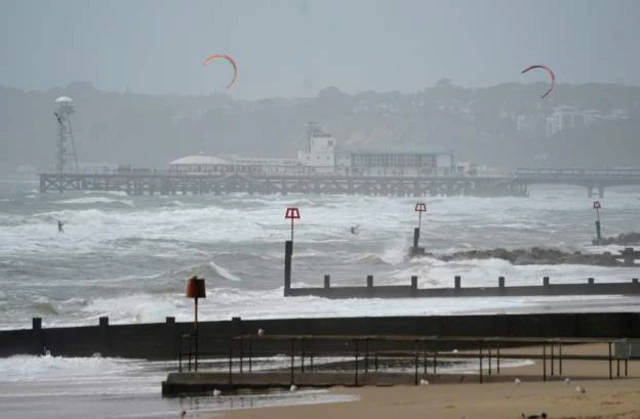How are storms named?published at 19:24 GMT 21 January 2024
 Image source, Getty Images
Image source, Getty ImagesThe UK Met Office and Irish service Met Éireann launched their first "Name our Storms" campaign in 2015.
Most years, they draw the names from a shortlist of favourites submitted by the public. And since 2019, they have been joined by the national weather service of the Netherlands, which also chips in a few suggested names each year.
For the 2023-24 season, the Met Office has slightly changed its methods and has named a number of storms after prominent scientists, meteorologists and, in its words, others "who work to keep people safe in times of severe weather".
In the past, storms have alternated between male and female names but that has altered this year in order to honour the right people.

